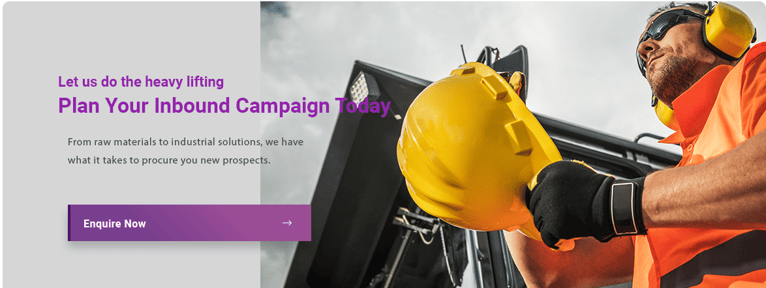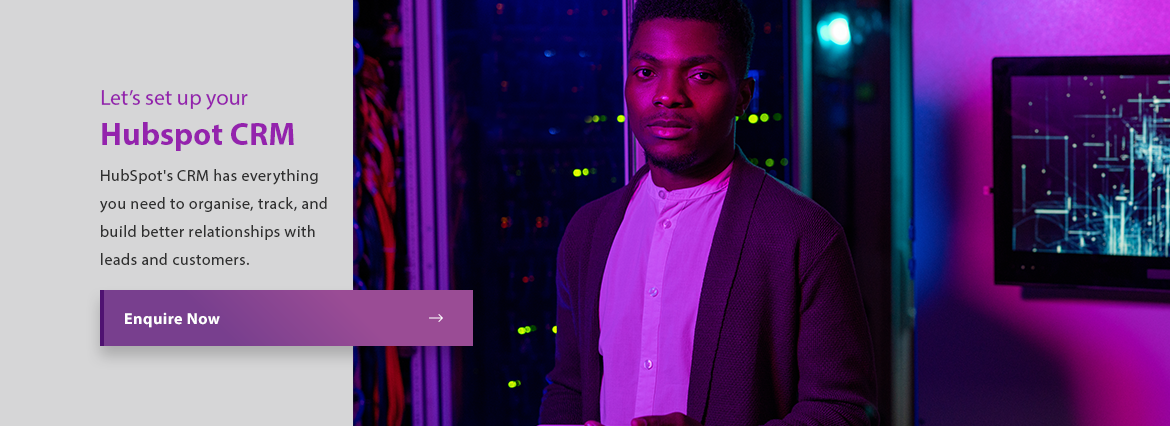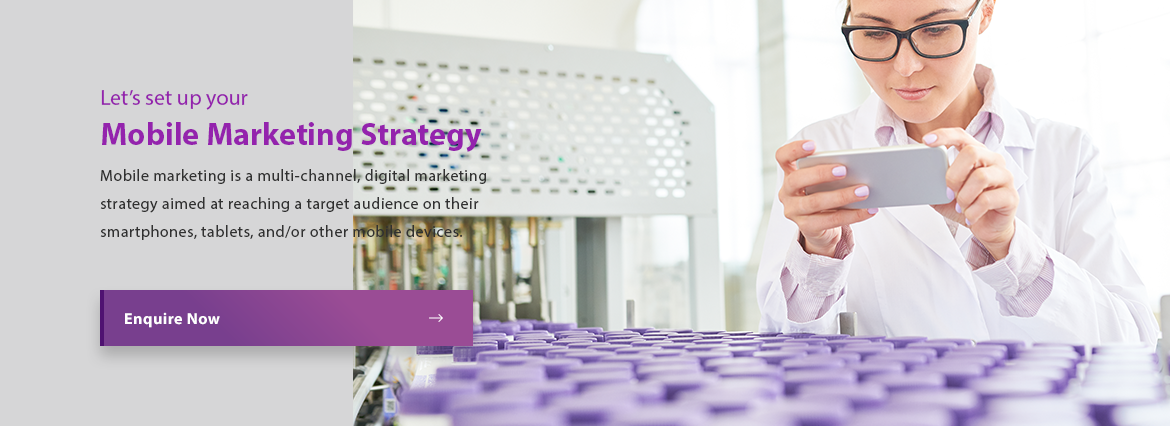Services List
Studies show that 94% of B2B customers perform extensive research online before coming to a purchase decision, whether it is for oil and lubricants or steel and pipe. This indicates a categorical change in buying habits, the sales process, and how business is done. Manufacturing companies, in particular, have more complicated considerations, as they often market to a variety of target markets. With inbound marketing, the perfect buyer can be targeted through a simple yet thorough process.
Though daunting at first, an inbound approach allows industrial manufacturers to market to decision-makers made up of scientists, engineers, purchasing agents, and plant managers. These individuals are always on the hunt for complex and often expensive products and services to meet their needs.
Content
Quick One, What Is Inbound Marketing?
An Inbound Marketing Strategy For Manufacturing
Email Marketing For Manufacturing
CRM For Industrial Manufacturing
Mobile Marketing & Chatbots For Manufacturing
Quick One, What Is Inbound Marketing?
Apart from being the latest and greatest marketing mantra around, inbound marketing is the methodology of growing your organisation by building meaningful, lasting relationships with consumers, prospects, and customers. It’s about valuing and empowering these people to reach their goals at any stage in their journey with you.
Great, now that we've got that out of the way, the question remains: how can we use inbound marketing for industrial manufacturers? With most B2B or manufacturing companies, the buyer’s journey of their customers can be an extremely long and delicate process. The most influential factor in supplying people with helpful, applicable content is to tailor that content directly to which stage in the buyer’s journey an individual is currently in. As stated above, it may not be linear, as they can enter in and out of the various stages, but there are distinct types of information they will seek during each stage. The buyer’s journey consists of a three-step process:
- Awareness Stage. During the awareness stage, buyers first realise they have a problem, challenge, or opportunity they wish to solve or pursue. They also decide what level of priority they are going to assign to achieve this new goal or to solve their issue. At this point, they are gathering research to define and gain a greater understanding of their problem.
- Consideration Stage. By the time buyers reach the consideration stage, they have clearly defined their problem or goal and have committed to taking it on. They are also actively evaluating the different approaches, products, or methods that will allow them to achieve their desired outcome.
- Decision Stage. At this point, buyers have decided on a specific approach, method, or solution strategy. They have compiled a shortlist of vendors and products that can help them achieve what they’ve sought out to do. The buyer is narrowing down—often through the use of a pro/con list—the specific offerings they’ve researched and will finally come to a purchase decision. At this stage, they have also selected a list of vendors. Important to note: most buyers have made their way 70% down the sales funnel without contacting you. That means you need to do a thorough job of educating them on your products and services, as you only have 30% of their attention (split among competitors) in the sales funnel to close their business.
An Inbound Marketing Strategy For Industrial Manufacturing
So, inbound marketing has everything to do with reaching your prospects in an organic and non-invasive way. It’s obvious to see how this form of marketing strategy benefits the consumer, but when push comes to shove, what does an inbound marketing strategy for industrial manufacturing look like? It's simple, really. There are four steps that you simply need to follow. And once you reach the fourth step, you rinse and repeat.
Attract
The first stage of inbound marketing for industrial manufacturing is attract. This stage is all about finding and attracting your target audience.
Ask yourself: How do you help people find your website? Do you add a lot of relevant keywords in your blog posts? Do you use targeted hashtags?
Answering these questions and adapting accordingly can help you rank higher in Google search and be more visible in your desired audience’s social media feed.
Convert
When we talk about marketing, we often think about converting users. After all, the end goal of marketing is to find new users and “convert” them.
How can you use inbound marketing to convert users?
- sign-up forms
- effective calls to action (CTAs)
- incentivising signing up for your newsletter
- and many more (ask us and we will tell you).
Close
In some cases, converting a user isn’t as straightforward as offering a sign-up form and hoping they join your community.
One of the many ways you can enter the closing stage is by using automation. For example, automated emails that remind users of their abandoned carts can prompt a busy customer to return to your site and complete their purchase.
Delight
The last stage of the inbound marketing strategy is the delight phase, wherein you reward customers for buying from you.
It could include actions like sending a thank you message, personalised follow-up emails, offering discounts, and more.
If you choose to include surveys and feedback forms at this stage, you can also receive helpful comments and gain insight into potential problems to fix early on.
Email Marketing For Industrial Manufacturing
The reason email marketing has had such successful longevity is simple: it works. People use their phones nonstop. They’re checking their email multiple times a day, every day. After all, an email inbox is a portal into an individual’s interests, business, and social life.
Industrial manufacturers should make use of this powerful marketing tool. Your email list is not just a bunch of addresses, but prospective partners who want to engage and interact with your industry. With 3.9 billion active email users at the end of 2019 potentially growing into 4.48 billion by 2024, manufacturing as an industry simply can’t afford to ignore such a critical foundation of modern marketing.
Many industrial companies either ignore email marketing altogether or rely on one-off blasts asking for business. That strategy does not attract B2B leads and this can be seen when analysing the open and click-through rates on mails sent without the proper know-how. When tackling email marketing for industrial manufacturing, it is important to keep these EIGHT steps in mind:
- Set a goal every time
- Personalise your emails
- Educate your audience
- Be concise
- Help your leads, don't be pushy
- Use CTAs
- Nurture your email list
- Connect with your audience at the right time
Hubspot CRM For Industrial Manufacturing
This sales process operates best with the use of a customer relationship management (CRM) platform. The right CRM empowers salespeople to properly manage the sales process with a plethora of contact intelligence and a means to track the progress of the entire sale—beginning with the marketing initiatives. Manufacturer sales reps and company sales teams live for quality leads, so it’s important that industrial B2B marketing efforts feed the CRM.
Hubspot CRM
While there are many excellent CRM software programs, the HubSpot CRM is excellent—and it is FREE! The HubSpot CRM automatically saves and logs voicemails and emails, as well as any buyer interactions that have taken place in the interim. With the right context at hand, salespeople can tailor their follow-ups based on what the buyer’s done and what’s already been said. Find out more about this powerful tool and start your industrial inbound marketing for free.
Mobile Marketing & WhatsApp Chatbots For Manufacturing
From the humble SMS campaign to WhatsApp chatbots, mobile marketing for industrial manufacturing is a crucial part of the business that touches prices, products, and sales. So, it’s important to understand how to use marketing for your business's success.
Integrating mobile marketing and chatbots into your inbound strategy allows you to:- get more customers,
- refine quality of leads,
- increasing revenue,
- and expand the business into new markets.
SMS Marketing For Industrial Manufacturing
From a marketing and customer service perspective, adding SMS to the business plan can help to engage with an audience that is not only on the move but which expects to be kept notified at every point of the customer journey. From a business operation and continuity standpoint, text messages sent to the right people when it matters the most can help to ensure optimum up-time, efficient scheduling, and greater visibility and control of what is happening in real-time across the organisation.
WhatsApp Chatbots For Manufacturing
Businesses across all sectors are starting to see the mind-bending value of one of the most promising digital trends in recent history: chatbots. Specifically WhatsApp chatbots. We'll dive into some of the reasons you should take notice of the potent business trend that is WhatsApp chatbots.
Looking at the abilities of the chatbot, the benefits are:- Available for 24/7/365 customer service,
- Instant answers to customer queries,
- Guide customers quickly to the right person or department,
- Reduced need for person-to-person interactions,
- Frees up your staff for more proactive endeavours.
As an inbound marketing agency, our focus is to deliver a powerful package, which is a combination of digital marketing methods comprising content creation, social media, PPC ads, lead nurturing, and email and mobile marketing tactics. All with proven results.






-Jan-22-2024-11-05-08-7790-AM.png?width=1200&name=CRM%20System%20(1)-Jan-22-2024-11-05-08-7790-AM.png)



